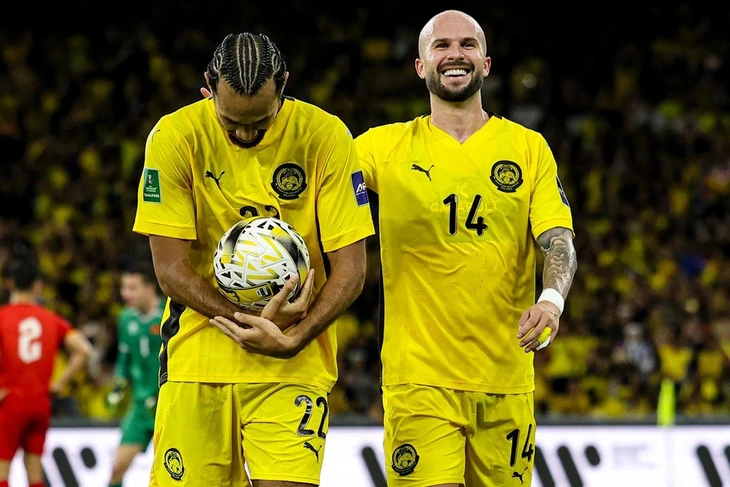
Malaysia causes a stir with its naturalized players... who look very different from the locals - Photo: FAM
Loopholes of "grandparents' law"
When Malaysia introduced a brand new squad of naturalized players a month ago, fans began to gossip and doubt the true blood relationship of these stars.
From Facundo Garces (who has been in the midst of controversy recently) to Morales, Hevel..., regional football fans commented: "Why don't these blond-haired, blue-eyed, white-skinned players have anything... Malaysian about them?"
Actually, that's a completely subjective way of looking at things. Physical traits are largely based on genetics—an incredibly complex science that most ordinary people don't understand.
Take Jaylin Williams, for example, the highest paid Vietnamese-American athlete in the world . This basketball player has a Vietnamese grandmother but is 2.06m tall, weighs 109kg, and has the appearance of a typical African-American.
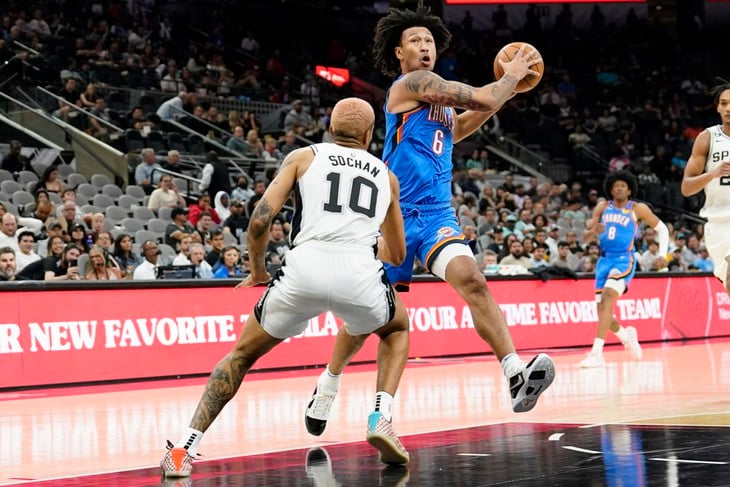
Even if he wanted to, Jaylin Williams (in blue) could not easily wear the Vietnam basketball team's jersey just because of his grandmother's bloodline - Photo: NBA
If the International Basketball Federation (FIBA) applies the same naturalization rules as FIFA, Jaylin could theoretically play for the Vietnam basketball team. What would fans think then?
But that theory does not exist because, according to the rules, FIBA does not allow an athlete to be naturalized if the bloodline is more than one generation.
More specifically, to compete for a country, FIBA requires athletes to either have citizenship of that country, or have parents born in that country.
In the world of top sports , what FIFA is applying is colloquially called the "grandparents rule", allowing players to naturalize a country with the simple condition that their grandparents (paternal or maternal) were born in that country.
In 2007, then FIFA president Sepp Blatter warned about the wave of naturalization: "If we don't stop this farce, we will soon see all-Brazilian teams at the World Cup."
What Mr. Blatter was referring to at that time was the laxity in naturalizing players who had no blood relation. Indeed, not long after that, FIFA soon tightened this subject with the regulation "5 years of living in the country to be naturalized".
With this regulation, FIFA has successfully built a barrier for rich countries like China, Qatar, UAE... They find it difficult to use money to quickly buy "nationality" for foreign stars. The 5-year period is a huge barrier.
But a second path to citizenship, through the "grandparents' law," is starting to create controversy.
Not everyone is as easy going as FIFA.
This is considered one of the most open regulations in the world's major sports federations. By proving a blood relationship of up to two generations, a player can represent a country he has never lived or been attached to.
This seemingly reasonable regulation is creating serious loopholes. Because verifying bloodline to the grandparents' generation is not simple, especially in countries with turbulent histories or weak civil archives.
Players like Garces and Morales have grandparents born in the 1930s and 1950s, and it's not easy to authenticate documents from nearly a hundred years ago.
There is no indication that FIFA has an independent body responsible for document verification at this level. It is understandable why the public is skeptical about the validity of naturalized Malaysian stars.
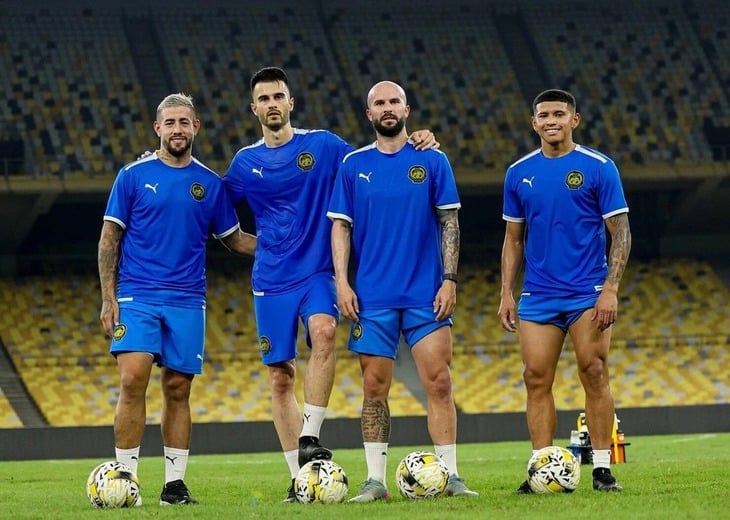
Malaysia's naturalized foreign players - Photo: FAM
Meanwhile, many other sports federations are more cautious. The International Basketball Federation (FIBA) does not accept grandparents as a basis for naturalization.
Players can only play for a team if one parent is a citizen of that country, and naturalization after the age of 16 only allows one player to play at a time in major tournaments.
World Aquatics, the governing body for aquatic sports, and World Athletics, the governing body for athletics, also only recognize citizenship if an athlete has been physically present for at least three years. These federations do not use the second-degree bloodline requirement, avoiding much of the controversy over parentage verification.
With the naturalization of Indonesia and Malaysia, bringing in an entire team within 1-2 years, the controversy will only increase, and things could spiral into chaos. It is time for FIFA to review its seemingly reasonable regulations.
Source: https://tuoitre.vn/hon-loan-chuyen-nhap-tich-cau-thu-do-luat-ong-ba-20250701181621927.htm



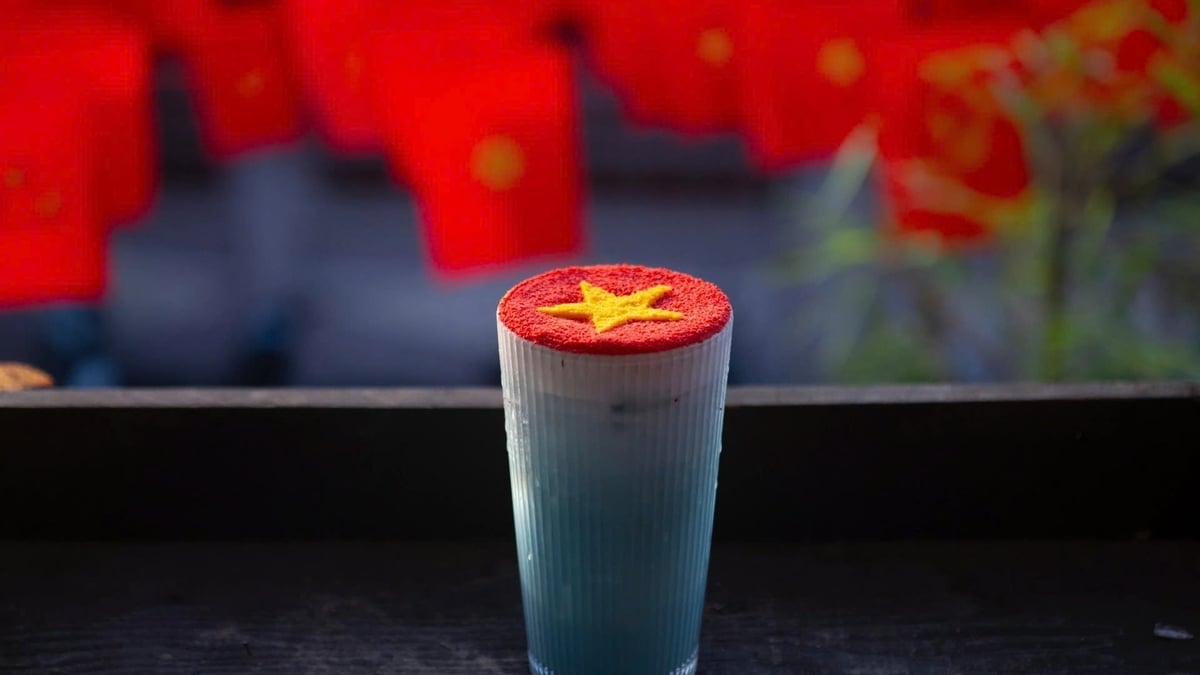

![[Photo] Brilliant red of the exhibition 95 years of the Party Flag lighting the way before the opening](https://vphoto.vietnam.vn/thumb/1200x675/vietnam/resource/IMAGE/2025/8/27/e19d957d17f649648ca14ce6cc4d8dd4)
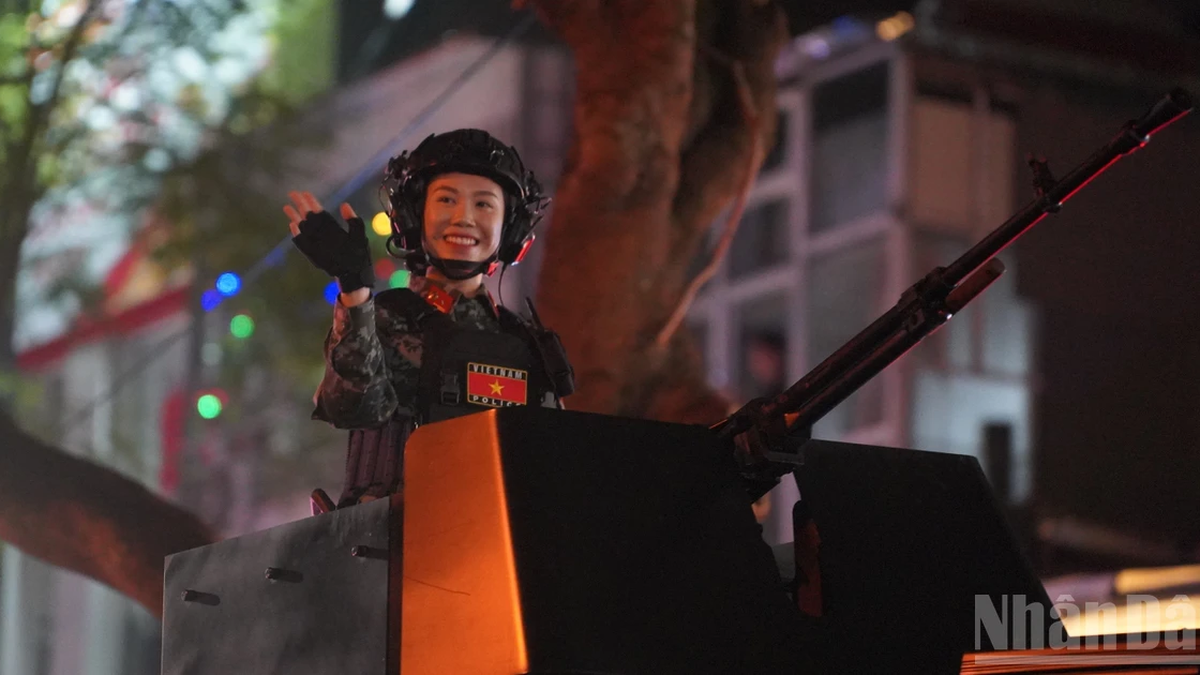
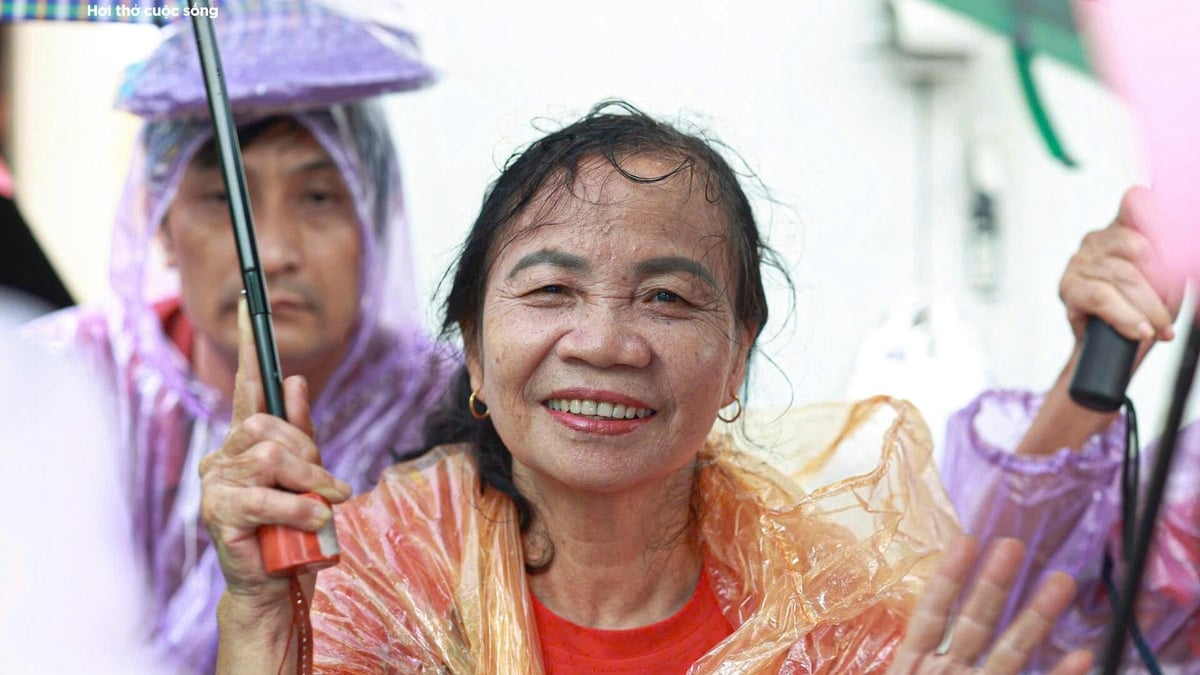
![[Photo] Many people eagerly await the preliminary review despite heavy rain](https://vphoto.vietnam.vn/thumb/1200x675/vietnam/resource/IMAGE/2025/8/27/4dc782c65c1244b196890448bafa9b69)
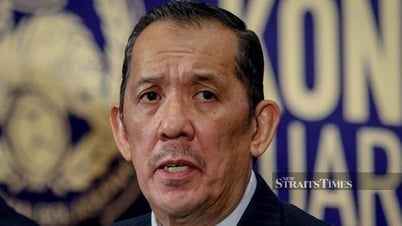

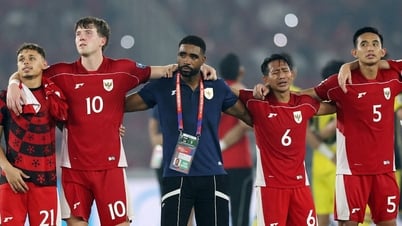

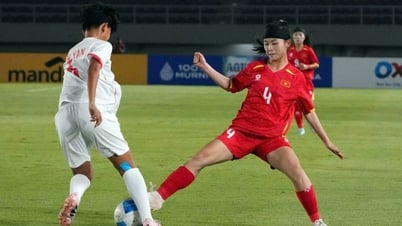
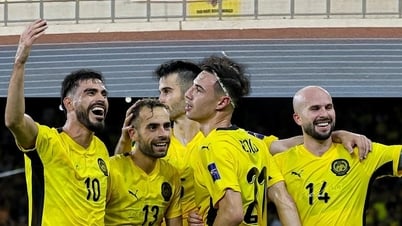

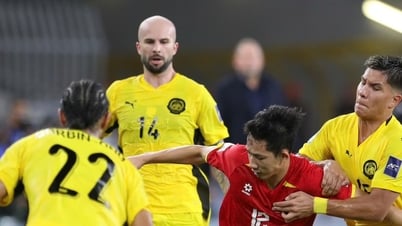
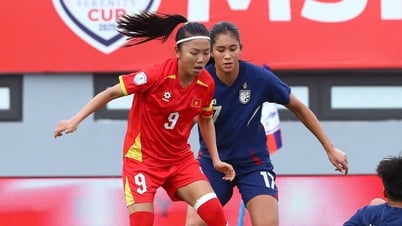
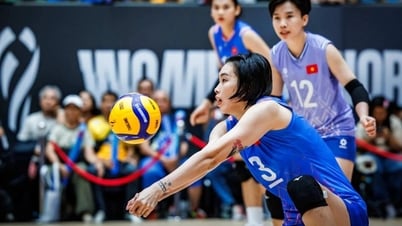








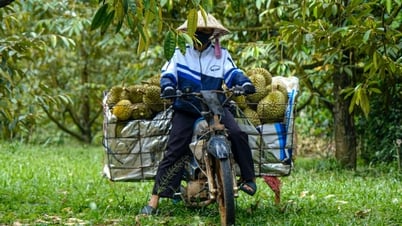
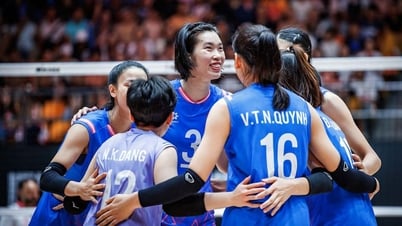




















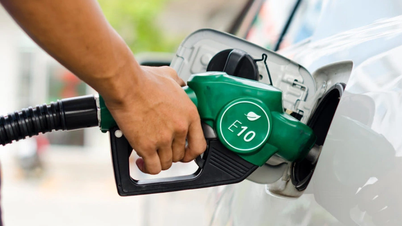








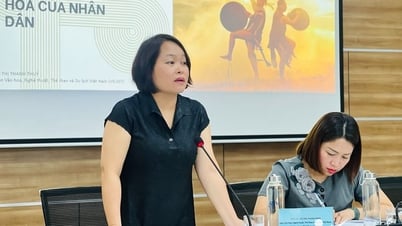
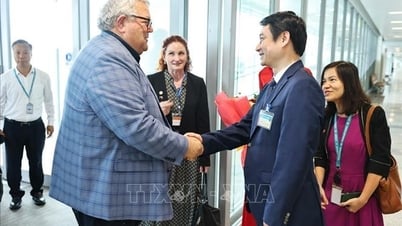

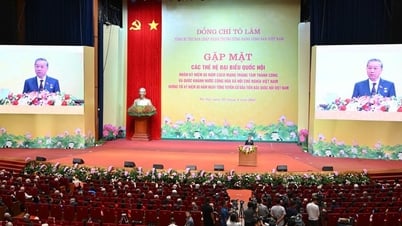
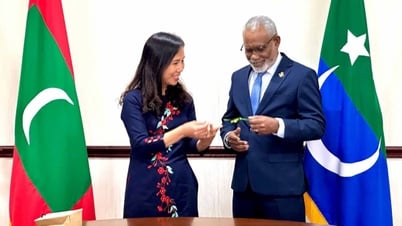
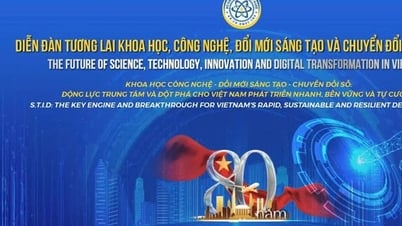

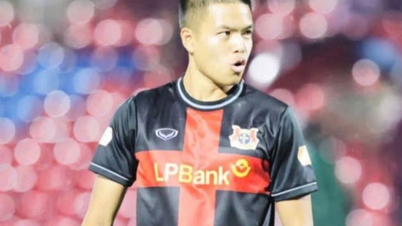

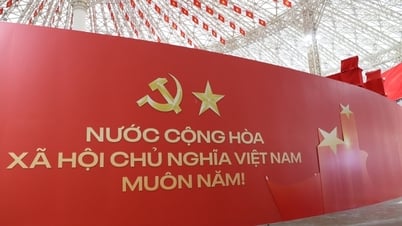
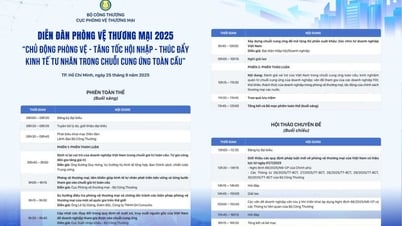

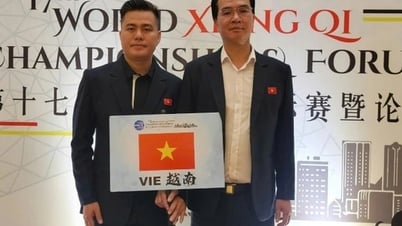
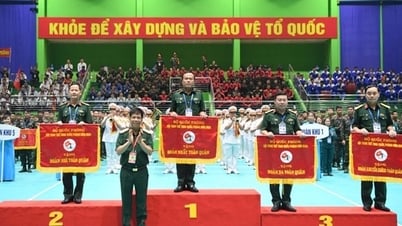
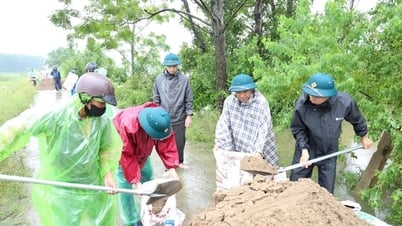

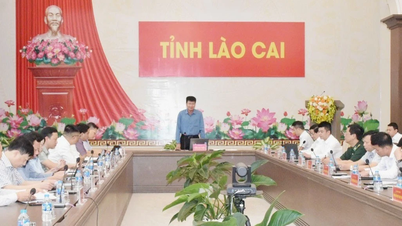

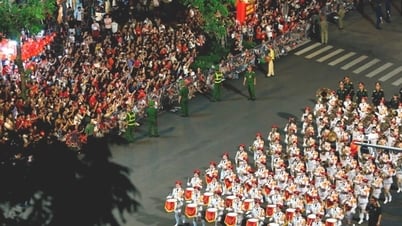




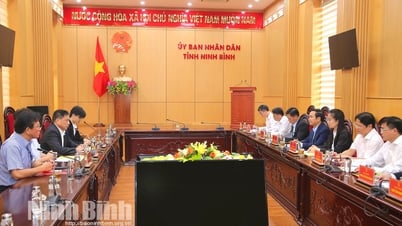














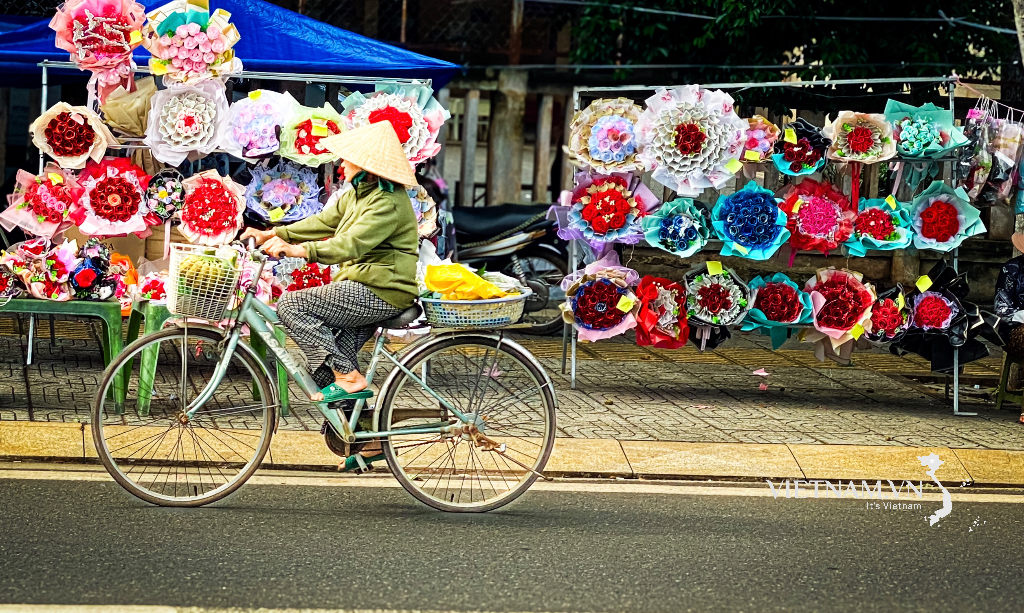
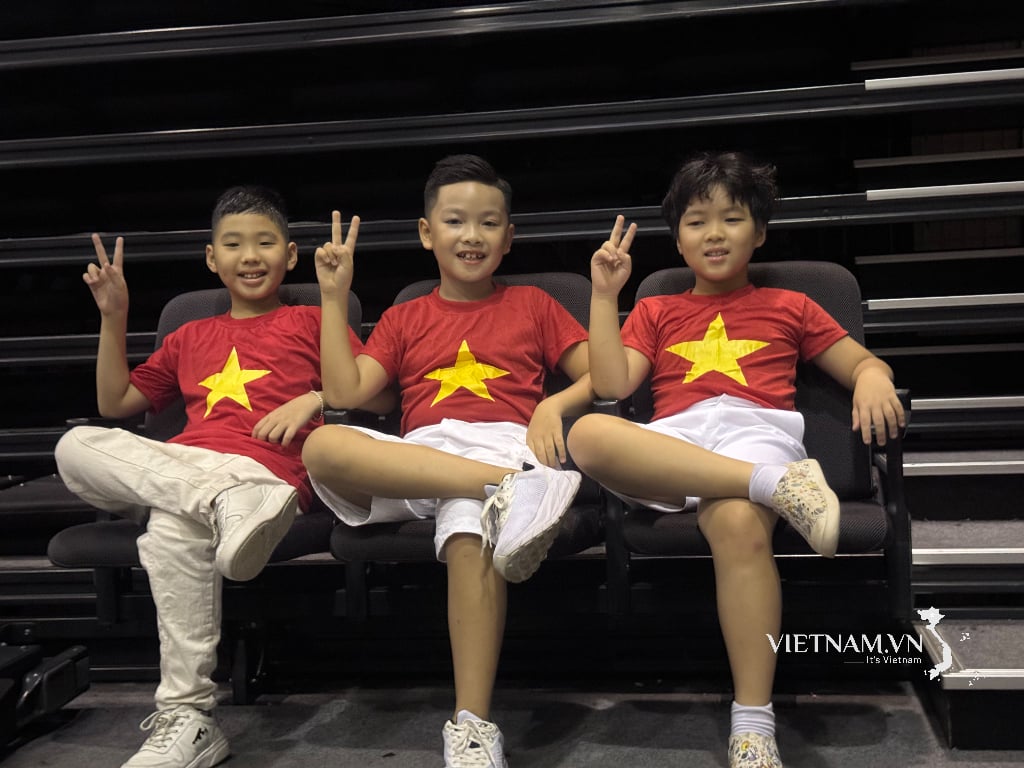
Comment (0)